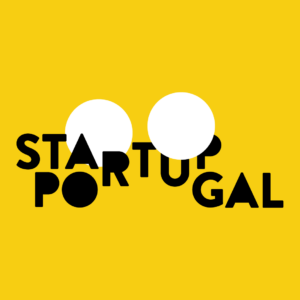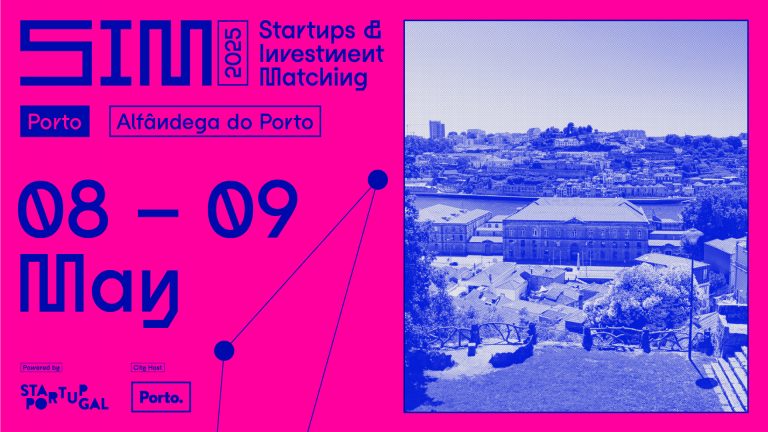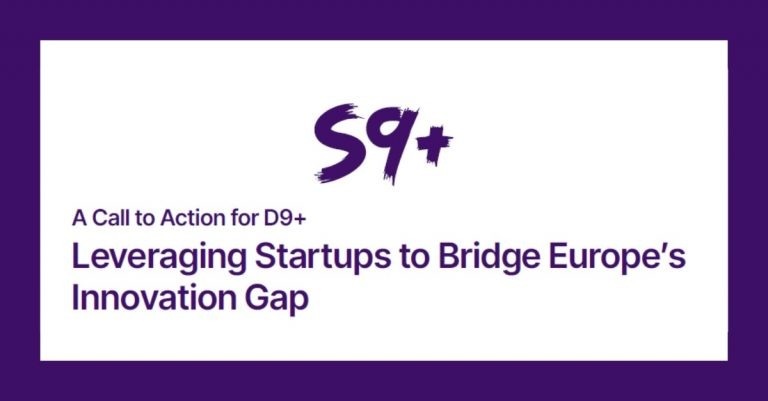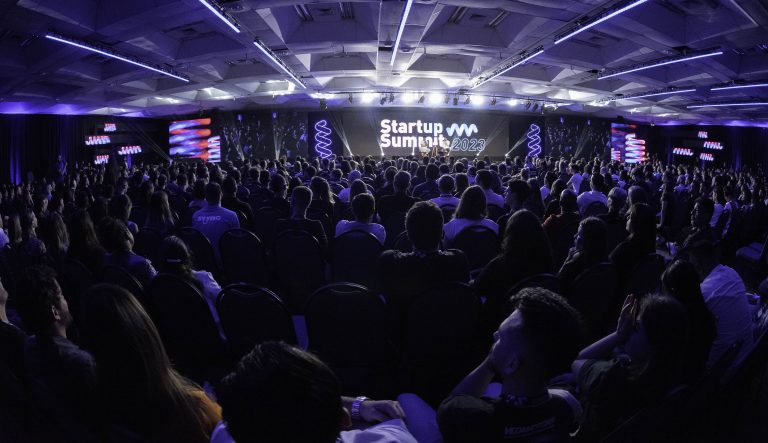Turning to the pandemic: “The world changed, we have to change”

This post is part of a collaborative effort between Startup Portugal, The Next Big Idea, and Sapo24, meant to create relevant content to tackle the COVID-19 pandemic.
Content available in Portuguese.
In times of pandemic, in order to survive, there are several companies that are reinventing themselves.
In these times, many companies have found themselves unable to maintain, at least temporarily, their business. Either because security measures did not allow it, as is the case of restaurants or rural tourism, or because the Portuguese consumer priorities changed and their consumption habits have changed as well. To cope with the “new normal”, some of these companies decided to reinvent themselves, creating new businesses or simply adapting their business to this new reality.
Zomato
With the closing of restaurants, Zomato felt the need to adapt itself to the new needs. Zomato is an app that allows you to search for locations to eat and drink, see other people’s opinions about them, consult the online menus and pictures of the food and the space and even leave your own opinion. This business model based on paid advertising by restaurants stopped making sense immediately.
According to Miguel Alves Ribeiro, Country Manager [responsible for the company in Portugal], in a universe of 26 000 restaurants in between Lisbon, Porto and Algarve, today we have 5 000 that remained in operation, specifically on a take-away basis.
In technological terms, the adjustment was simple. The app already allowed online bookings and to consult menus and make payments through the app, measures that quickly became an asset when facing the sector’s new demands. Thus, solutions like Takeaway and Contactless By Zomato come to light, allowing, as the company reports, “the return to favorite restaurants, with the least possible contact”. Currently, there are more than 300 establishments associated with this feature from the app.
In a demonstration of support for the restaurant sector and as a medium to a long-term strategy, the company withdrew any commission from restaurants, maintaining only the bank fees. The aim is to help the sector to remain alive, ensuring as many active customers as possible in the future.
The future, and third phase, will go through helping the restaurants with the opening scheduled for May 18th, as it will have been enacted with the lifting of the state of emergency.
In addition to strengthening the use of online booking technology, Zomato focuses on creating digital menus to reduce high-contact with physical elements and payments through the app, also reducing a frequent source of contact.
Simultaneously, while implementing these measures to support the sector, Zomato has also strengthened its digital content. To maintain the link between gastronomy, restaurants and users of the app, a newsletter was created, shared twice a week, that reinvents the content shared on social media. This way, Zomato shares recipes to make at home, suggestions from chefs, events and other information of relevance to this universe with its users. This allowed them to join brands and monetize the platforms and tools they already had.
Castelo de Marvão’s Olive Oil
“The world has changed, consumption has changed, we have to change.” This is what António Picado Nunes, from Castelo de Marvão’s Olive Oil, thought when he began to notice cancelled reservations in his space dedicated to olivotourism.
This is not a new company. Created in 1953 by the grandfather of the current front man, for the brand Castelo de Marvão’s Olive Oil the need to reinvent itself is not a novelty. Initially created to market olive oil in bulk, in the 1990s, its sales fell from the markets’ new demands. In order to maintain the family tradition, António gives up his architecture studies to follow management and marketing. In 2006, the company leaves the bulk sales business model and creates a brand while building a new mill. This first attempt at reinvention was not a happy one. The breakthrough of a new brand in a market as consolidated as that of olive oil in Portugal has not proved to be an easy task. Again, it was necessary to rethink the business. It is then that the idea of exploring Olivotourism arises. This kind of tourism was, until the arrival of confinement measures in the scope of the Covid-19 pandemic, one of the major tourism segments in Portugal, which allowed tourists to know and follow the entire process of olive oil production, from olive harvesting to the press gem in the mill, ending, of course, in a tasting of the product. This investment included the reconstruction of an old mill and transforming it into a museum. In this business model, The Castelo de Marvão’s Olive Oil offered experiences that could go from 2 to 50 people and also the organization of events, such as weddings, baptisms or business parties. These experiences also resulted in the acquisition of some products, such as olive oil and other local products. That is why the reinvention, in coronavirus times, was natural to emerge. If, on one hand, tourist reservations were being cancelled, on the other hand, requests for purchasing these same products began to appear.
Aware of the difficulties that larger companies were having with their delivery systems, with the increase of requests for local products and with the aim of helping its suppliers to maintain and clear stock, Antonio realizes the need to create an online store. The online shop sells olive oil, organic vegetables, wine, craft beer and delicacies such as Queijadinhas of Tia Luísa. Deliveries take place within a maximum of 48 hours, filling this pressing need.
The demand was not delayed and, if, on one hand, it allowed the maintenance of jobs, on the other hand, also forced a re-adaptation of a team accustomed to working for tourism that has to now roll up its sleeves to prepare orders, to invoice and ensure that the customer support is now managed from a distance.
360imprimir – 360hyper
The 360imprimir, is known from being an online print shop. In fact, 360imprimir is an online platform that combines the services of various print shops and other suppliers, allowing customers to purchase several products in one single store. This business model is not new, known as marketplaces, there are already several online markets that bring together multiple suppliers under a single platform. In this case, the difference is in the products, which are specifically graphic, print and marketing materials for commerce, and in the involvement of the platform in the sales transactions, since unlike many other well-known platforms, 360imprimir is fully responsible for it.
This to explain that the experience with online markets (marketplaces) already existed. Focused on sales to companies, their sales also suffered an impact caused by coronavirus, so they felt the need to look for alternatives to their business model.
The growing demand from private customers in search of alternatives to other bigger companies that had long delivery times, gave them the motto to follow. Create a new platform with supermarket products.
The idea to create 360hyper came about March 20th. Teams were reorganized, a website was created, partners were sought. Within 15 days, the service was up and running and doing deliveries in less than four hours.
Creating a new business model, a new website and finding new partners meant many extra hours and an extra dose of resilience. From human resources personnel analyzing competition to founders working more than 30 hours in a row without sleep, efforts have not been spared. And it was worth it. The second big challenge was to see the number of orders – which in the first two days approached hundred – tripled on the third day, receiving more than 400 orders.
Alongside this online “supermarket” service, in 360imprimir it can still be found, currently, the protective materials necessary for the return to the “new-normality”, such as masks, visors, gloves, protective sliders, etc. and also the necessary materials so that restaurants can resume activity on a takeaway basis, such as paper bags and packaging for transporting food.
The future now involves improving service, finding more partners and including ready-to-cook, frozen and fresh food.
Supper Stars
“The best restaurant at home.” This is the motto of the company Supper Stars, a brand that offers chef services at home. These chefs guarantee the purchase of the ingredients, the preparation of them, the service and still clean everything before leaving.
This type of service has three segments: private individuals who hire the Chef to cook in their home; workshops for companies and team building services; and tourists who want to live a gastronomic experience during their stay.
With the situation we live in and the limitations that Covid-19 brought, many of these segments stagnated. The uncertainty of being able to receive someone strange at home, during the quarantine, the companies that started to have their workers in remote work and tourism that became quite limited and almost non-existent.
The company, which to date had a 100% growth year after year, not only saw requests decrease, but had to make refunds of cancelled reservations. After all, these were experiences that involved mostly gatherings.
Tiago Ribeiro, one of the founders, says that they didn’t feel defeated. Although those weren’t obvious, they quickly sought new solutions.
At a time when everyone seems to be online, the gastronomic experiences could also resort to this solution. Tiago believes that even through a screen, gastronomy will always have this power to make people feel connected and of creating collective memories. With suggestions for birthday parties, team activities and online workshops, with the different Chefs from their kitchens, emerges a good alternative to what we are not allowed to do today and also comes an opportunity for the company, whose goal in 2020 was already of international growth.
With Chefs from all over the world and communicating in multiple languages, the company that was already present in Portugal, Spain and England, and about to open in Italy, can now through one click reach any point in the world.
In addition to this online investment, Supper Stars has also developed the home delivery service. The same Chefs, the same flavor, in your home, with a more affordable price as it doesn’t contemplate the experience on the spot of the Chef –
With the lifting of some restrictions already in place, the company will now continue the original service with some limitations, both hygiene and number and distance of people, but, little by little, it can return to your homes.
Source: https://24.sapo.pt/economia/artigos/dar-a-volta-a-pandemia-o-mundo-mudou-nos-temos-de-mudar
Other blog posts



